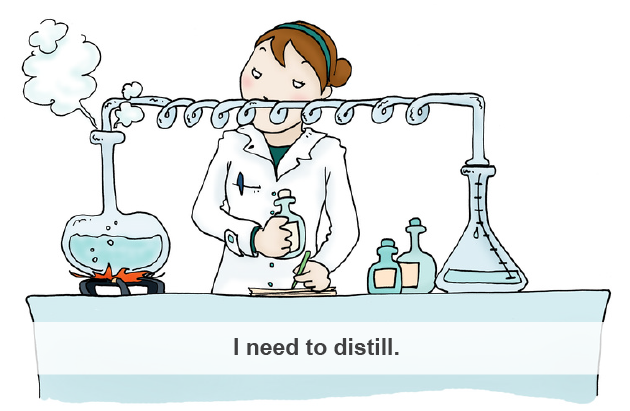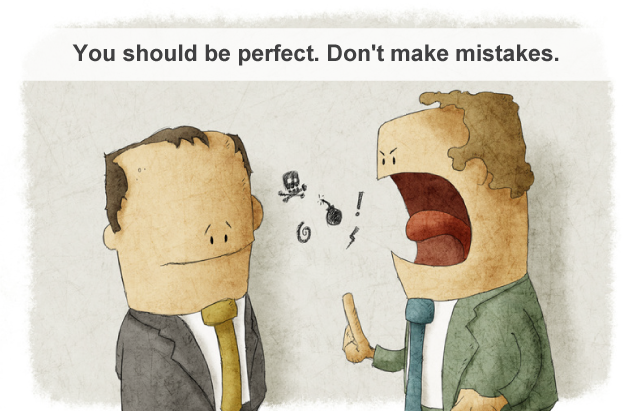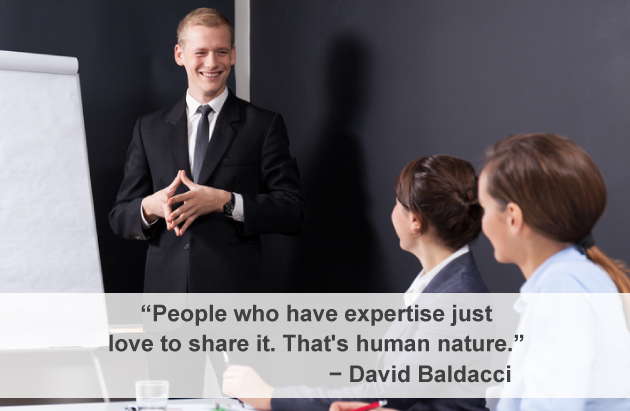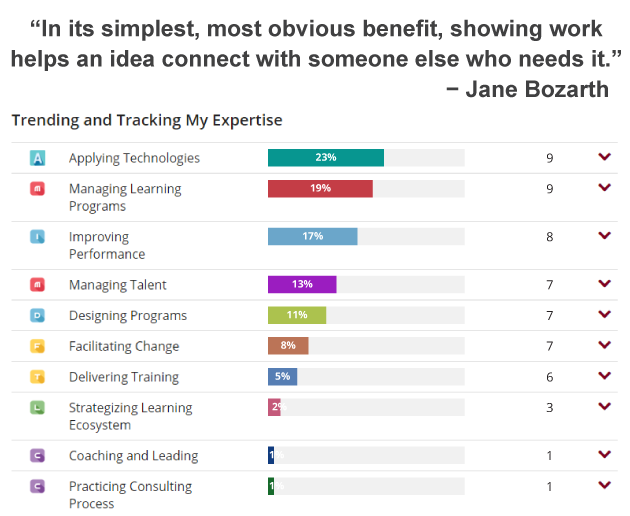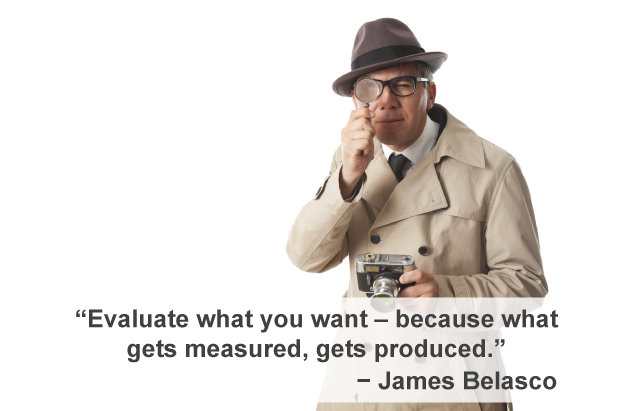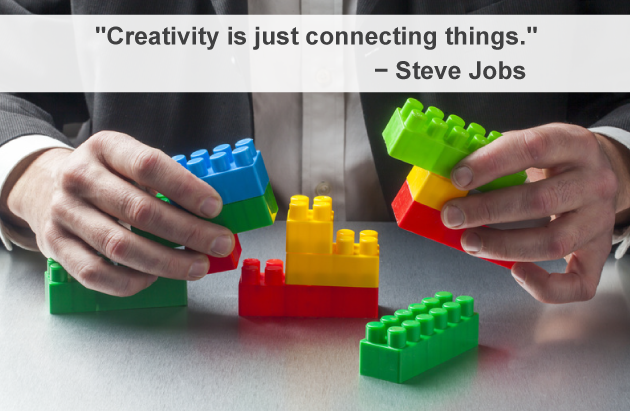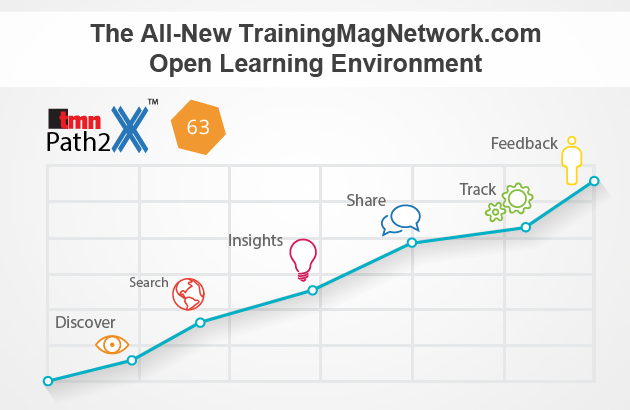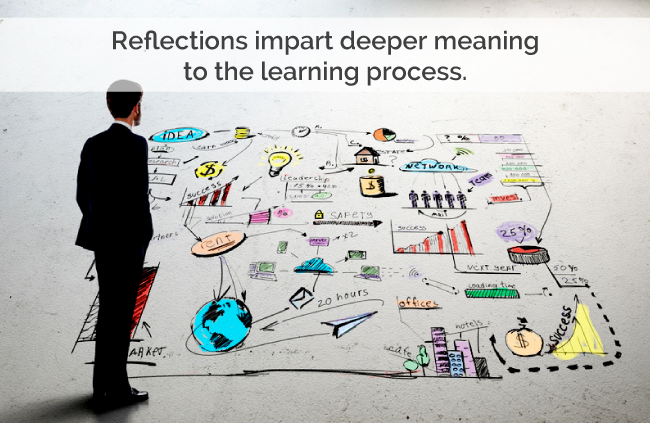In developing a small story-based lesson, it has to be short, snappy, succinct, easy to follow and effective in engaging learners and imparting knowledge. Please preview this demo and then review the explanations below. This is only a small section…
Tag: social learning
Cut the Crap!!! – Tip #79
In my previous tip, I mentioned that learners struggle to focus because there’s just too much stimuli that competes to grab their attention. The solution is to make our content or story snappy, relevant and cholesterol-free. In short, cut the crap!!! Top…
“Chalk and Talk” vs Collaboration – Can We Meet Halfway? – Tip #78
The debate between Direct Instruction vs Discovery Learning is not new. It has been around. However, the amazing part is, it still rages on. Should we let the trainers and designers take control of the learning process or should we…
“Distorting Reality” for Learners – Tip #77
Most content are unnatural. It emanates from a higher plain with an objective source and is written in a perfect world. Hence most content is not understood by people. On the other hand, certain content that people understand may not…
Celebrate Your Expertise – Share and Standout – Tip #76
In the previous tip we talked about sharing your insights. In this fifth installement of the five-part blog series about The All-New TrainingMagNetwork.com Open Learning Environment, we will talk about presenting yourself as an expert and specialist of a specific…
Insight Sharing – How They “Meet and Mate” – Tip #75
Have you ever shared your thoughts with someone? On a grander scale, have you tried sharing your work or a potential masterpiece with like-minded people? Sharing your work simply means that it is where your mind is at. It is…
Follow the Crumbs of Insight – Tip #74
This is the third installment of the five-part blog series about the The All-New TrainingMagNetwork.com Open Learning Environment. At Training Magazine Network, we capture the crumbs of insights as they happen. This level of self-awareness enables our members to keep…
The Unbounded World of Learning – Tip #73
This is the second installment of of my five-part blog series on helping members of TrainingMagNetwork understand their expertise better. We believe in unshackling our thinking and providing learners as much access to content and this is what this post…
Creative Musing – Tip #72
Learning is a creative process. We start with a question, a challenge, a problem, an opportunity or possibly simple or complex tasks. Then we go back to asking more questions. Because of what we want to do, accomplish or learn,…
Freedom to Learn and Pursue One’s Expertise – Tip #71
I am proud to share that in a few weeks, Training Magazine Network will release a new first-of-its kind member service. Our research confirms this is brand-new. We call it Path to Expertise or Path2X. According to Judith A. Hale, Ph.D.,…
Slow-Mo Learning is Faster – Tip #70
Whether it is trying to fix the faucet or a broken heart, important decisions make or break significant relationships each day. Problem solving skills are therefore of paramount importance whether one is a handyman, a father, a CEO, or the…
Reflections Impact Performance – Tip #69
As an experienced trainer, I have found the immense importance of reflection on my own learning and that of my learners. As I mentioned in the previous tip, reflection deepens one’s own learning. If you want to really learn something,…
Why Reflect? The Role of Reflection in the Learning Process – Tip #68
Traveling is a painful process, even when one is having a vacation. I must admit though, that traveling especially at a time when I am less interrupted, like while on the plane or at the airport or just in a…
How to Add Depth to Micro-Ideas – Tip #67
What pushes the popularity of micro, small bites learning or learning by snippets and drips? There Is Strong Evidence of a Convergence of Forces Velocity of business is rapid – Organizations need to train people quickly to push products, support…
Creating Big Lessons by Using Small Data – Tip #66
Rapid learning is achieved by putting lessons in micro-scenarios. Instead of serving the “whole pie of knowledge” all at once, serving slices to elearners is also effective. Micro-scenarios prevent information overload and give learners more capacity to focus and accumulate…


